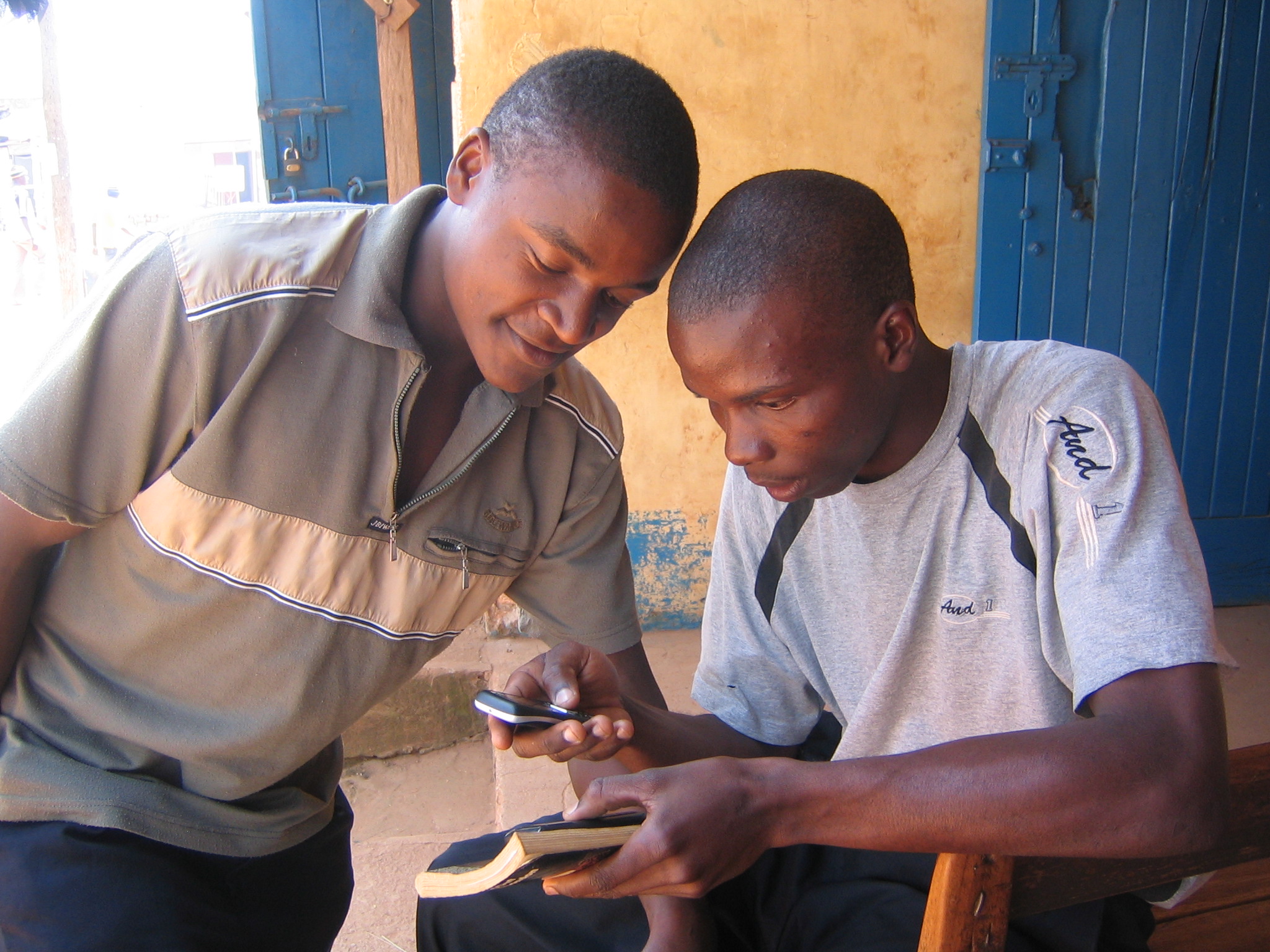Can Interactive Mobile Phone Games Help Consumers Detect and Prevent Fraud in Uganda?

In partnership with IPA Uganda and Viamo, researchers conducted a randomized evaluation to measure the effectiveness and scalability of anti-fraud communications via interactive voice response (IVR)-based narrative games. The narrative games were engaging for users, which led to reduced fraud victimization, improved consumer protection knowledge and practices, and increased trust and use of digital financial services.
As the threat of financial loss from scams increases with the evolution of digital financial services (DFS), so does the risk of hindering usage. In Uganda, 47 percent of DFS users in a nationally representative survey of DFS users in 2020 reported experiencing a third-party fraud attempt via phone or SMS.1 The Uganda Communications Commission (UCC) has responded to the increase in fraud attempts via mobile devices with a series of fraud monitoring and prevention efforts.
In 2022, the UCC launched a new Tonfera campaign consisting of videos and radio announcements, which provided more creative, personalized, and engaging fraud prevention content. While this campaign and other fraud prevention efforts may have helped inform consumers about how to handle fraud attempts and keep their accounts safe, their policy impact is not fully understood. This study highlights what types of fraud prevention content work best; a a new consumer fraud prevention capability index, and evidence on the effect of a relatively low-cost fraud intervention—gamified content via interactive voice response (IVR).
In collaboration with IPA Uganda and the tech social enterprise Viamo, researchers conducted a randomized evaluation to measure whether IVR-based anti-fraud narrative games reduced fraud vulnerability and improved consumer protection knowledge and practices. The gamified content (branded as Beera Mubangule or “Be Aware”) on Viamo’s 3-2-1 platform consisted of two learning levels, in which participants earned 1000 Ugandan Shillings (USD 0.27) upon completion of each level. The intervention included 27,165 Viamo users, who were randomly assigned evenly to either receive the gamified content for three months or serve as a comparison group.
Furthermore, researchers sent six additional IVR messages on fraud prevention to a random half of the intervention group to evaluate the importance of reinforcement of the content. Around six weeks later, all members of the intervention group received seven SMS messages summarizing the content’s takeaways and promoting concrete actions against fraud. To evaluate the effects of the reminders with and without the fraud prevention IVR content, some members of the comparison group received two messages promoting concrete actions (checking SIM registration and reporting a complaint).
IVR-based narrative games offer an effective, low-cost way to improve consumer protection against fraud. Among the 10,656 users who opted in, 93 percent completed both game levels and more than half played the game again. The intervention in turn reduced fraud victimization resulting in monetary loss by 1.4 percentage points (to 5.7 percent) overall and by 2.6 percentage points (from 8.3 percent) for women. Fraud reporting increased by 12.4 percentage points (to 35.6 percent) and formal redress attempts rose by 6 percent. Users also adopted safer practices, including protecting PINs and checking for unauthorized SIM registrations. Finally, the gamified content also enhanced trust in Airtel and increased digital financial service usage.
An additional planned area of analysis is to review UCC’s records of calls to check SIM registrations and complaints submitted to UCC’s consumer affairs team, to confirm the self-reported behaviors observed at the end of the intervention. A new MoU with the UCC will support this.
Sources
1. Mazer, R. & Bird, M. (2021). Consumer Protection Survey of Digital Finance Users: Uganda", https://doi.org/10.7910/DVN/ROLCU4, Harvard Dataverse, V1
Implementing Partner













